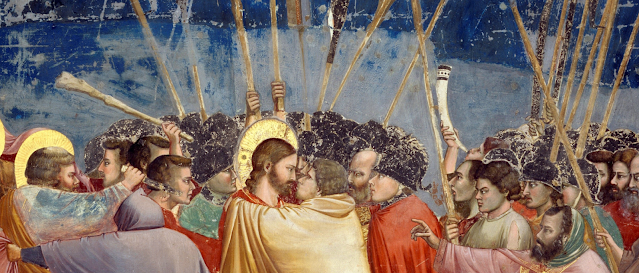Jesus' Namesake

Hoshea → Joshua Joshua, the biblical leader who succeeded Moses, was from the tribe of Ephraim. His full name was Joshua son of Nun (Yehoshua bin Nun), and he is first introduced in the Book of Exodus as Moses' assistant. The tribe of Ephraim was one of the twelve tribes of Israel, descending from Ephraim, the son of Joseph. Joshua’s original name was Hoshea (הוֹשֵׁעַ, Hōšēa‘), which means "salvation". Moses later changed his name to Yehoshua (יְהוֹשֻׁעַ, Y'hoshua‘), meaning "Yahweh is salvation" (Numbers 13:16). This change emphasized Joshua's divine mission as the leader who would bring Israel into the Promised Land. Joshua → Jesus The name Jesus is directly related to Joshua! Both names come from the Hebrew name יְהוֹשֻׁעַ (Yehoshua), meaning "Yahweh is salvation." Over time, this name evolved through different languages: Hebrew: יְהוֹשֻׁעַ (Yehoshua) – Joshua Aramaic: יֵשׁוּעַ (Yeshua) – A shortened form of Yehoshua, used during the Secon...
